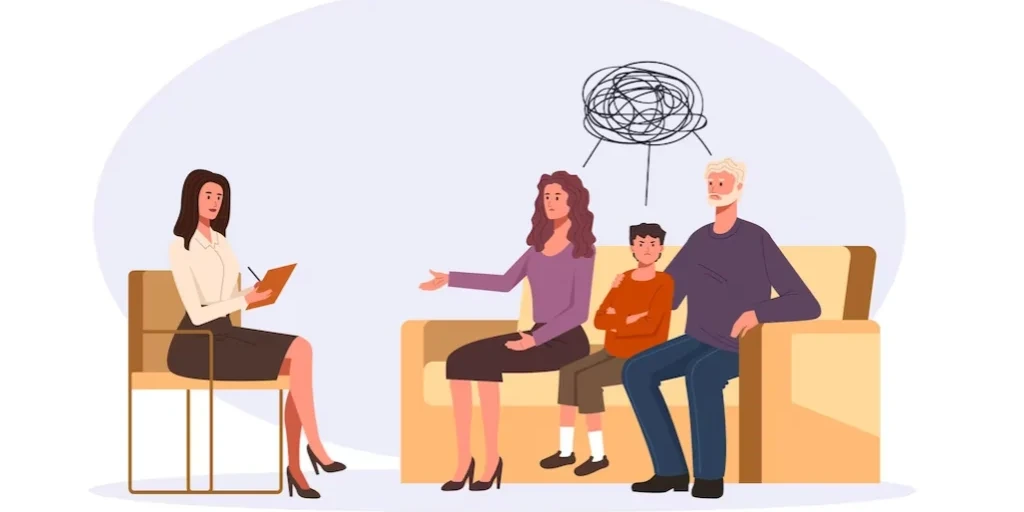24/7 Helpline:
(866) 899-221924/7 Helpline:
(866) 899-2219
Learn more about Eating Disorder Treatment centers in Ponca City

Other Insurance Options

Lucent

Amerigroup

Highmark

Multiplan

CareSource

Premera

Access to Recovery (ATR) Voucher

Molina Healthcare

GEHA

CareFirst

Humana

AllWell

Magellan Health

Group Health Incorporated

Regence

UnitedHealth Group

WellPoint

Choice Care Network

State Farm

BHS | Behavioral Health Systems

Edwin Fair Community Mental Health Center – Kay County
Edwin Fair Community Mental Health Center – Kay County is a private rehab located in Ponca City, Okl...

Bridgeway
Bridgeway is located in Ponca City, Oklahoma. Bridgeway provides substance abuse treatment.

Ponca City Rightway Medical
Ponca City Rightway Medical is a private rehab located in Ponca City, Oklahoma. Ponca City Rightway ...




Tonkawa Tribe – Substance Abuse Program
Indian Alcohol and Substance Abuse Tonkawa Tribe of Oklahoma offers outpatient services for people s...




































Alpha II
Alpha II is a private rehab located in Tonkawa, Oklahoma. Alpha II specializes in the treatment of a...






























